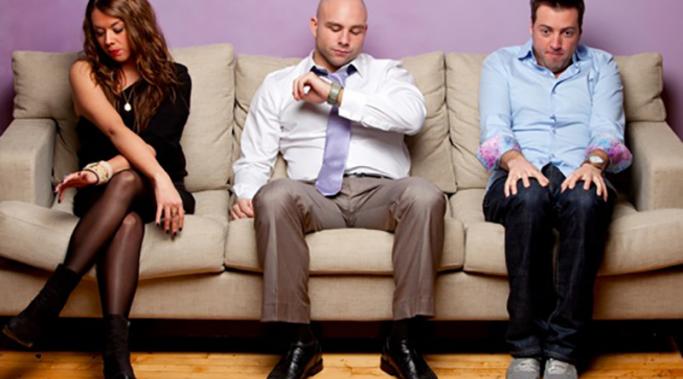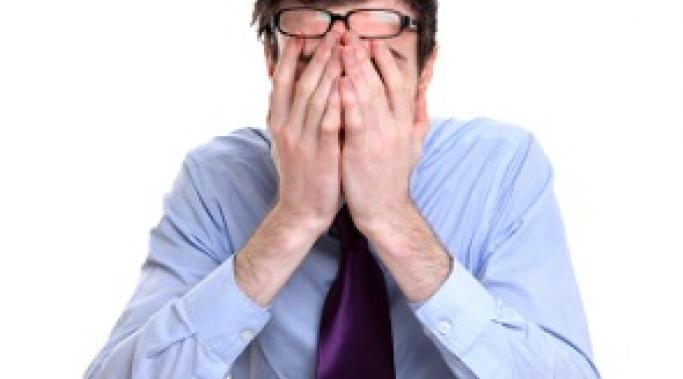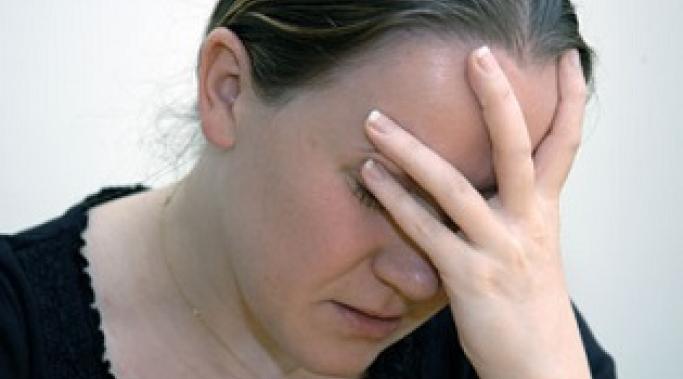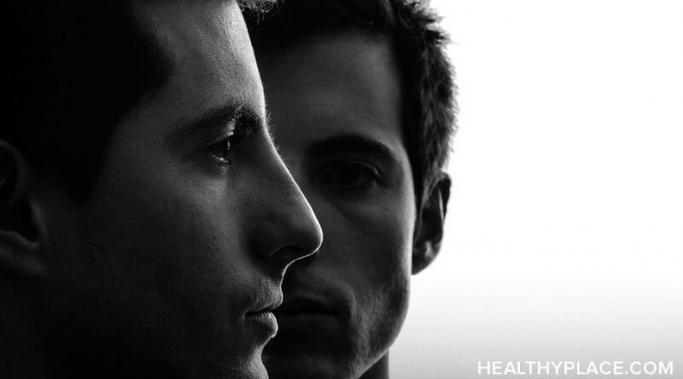Trusting and expressing your opinions as a person with anxiety can be tough. Plummeting self-esteem caused by an anxiety disorder can sometimes lead to us conforming a little more rigidly than we would like to. Growing up, I was too awkwardly self aware to express a single opinion that might have rubbed slightly against the grain. Anxiety robs you of that luxuriant arrogance of youth and continually makes you question the validity of your opinions (Anxiety And Self-Doubt). My problems in trusting and expressing my opinions due to anxiety affect every aspect of my life.
Effects of Anxiety
Generalized anxiety disorder (GAD) often slows you down; and when it does, it can be maddening and stressful. Anxiety can make people feel as though they're tarred and feathered, slowed down from real progress by a thick coat of heavy, gooey tar and coated in anxiety, represented by feathers. When generalized anxiety disorder slows you down, you don't have to give up. You can move forward.
Anxiety exists in the body, and there are physical side effects of anxiety. We can experience anxiety symptoms throughout our whole being; indeed, anxiety impacts our thoughts, emotions, behaviors, and sense of physical wellbeing. Symptoms of severe anxiety can be frightening and lead to even more anxiety. Anxiety invades the body, an unwelcome guest that overstays its unwelcome. The physical side effects of anxiety can cause difficulty and even agony.
I've learned lessons from my anxiety, and for that I'm grateful. I was surprised when I realized this. After all, anxiety can be challenging to live with. The symptoms of anxiety affect our total being; indeed, anxiety reaches our thoughts, emotions, physical health, and behaviors. Few, if any, people would choose to live with anxiety. Yet what if we stepped back and examined anxiety from a different perspective? Wouldn't it be nice if there were some sort of greater purpose to it, perhaps life lessons to learn from anxiety? When I stepped back to look at my anxiety differently, I realized that there are many lessons I've learned from anxiety.
Anxiety is loud and obnoxious; to reduce anxiety, shut up and listen with a quiet mind. Listen? Why on earth would we want to listen to anxiety? After all, it's a bully that messes with our minds, bodies, and very lives. As true as that may be and as much as we want anxiety to leave us alone, arguing back or even agreeing with it doesn't make it disappear. Instead, when you shut up and listen with a quiet mind, you can reduce anxiety.
To be anxious in an uncomfortable silence can create an unbearable quiet zone where all eyes could be on you. Anxiety, especially social anxiety, can flare when we're in a room full of people. Noisy chatter, clanking objects, clicking shoes, slamming doors, and all other background noise is amplified by anxiety. In turn, anxiety revs up, and all of this commotion can make us tense, shaky, dizzy, and fearful that we're doing something wrong. As miserable as a noisy room can make the anxiety-sufferer, when things go quiet and silence descends, it is often then that anxiety spirals out of control. Being anxious in an uncomfortable silence is common in social anxiety, but it doesn't have to forever plague us.
Living with anxiety can mean a life full of challenges, and the challenges of living with with anxiety can be significant. Anxiety can range from mild to debilitating; further, it comes in many forms and types of anxiety disorders. Despite the differences in degrees of severity and the way anxiety is experienced, there is a common thread: anxiety can make life difficult. Add to this the fact that the experience of anxiety can be hard for "outsiders" to understand, and the frustration level skyrockets. Indeed, the challenges of living with anxiety can be daunting, but we all have the power to overcome them.
The causes or the effects of anxiety: which came first: the chicken or the egg? Anxiety has both causes and effects. It seems straightforward, but to those of us who have experienced it, it’s not always so clear which comes first, the causes or the effects of anxiety. It can be a frustrating chicken-and-egg conundrum.
It’s quite common for those of us who live, or have lived with, anxiety to bemoan, “These awful effects of anxiety must stop!” I have a serious question for anyone who has ever uttered similar words: what, specifically, do you hate about anxiety? Chances are, it’s the effects of anxiety that are wreaking havoc on you and your life.
You have anxiety. What does anxiety say about you? When we live with anxiety, we worry--often a lot. We can experience great fear, both rational and irrational. Do you ever worry that your anxiety is obvious to the entire world and that the entire world is pointing and judging? That's actually a fairly common concern among people who experience anxiety. Perhaps, though, the worry about what anxiety says about you is a worry you can put to rest.









